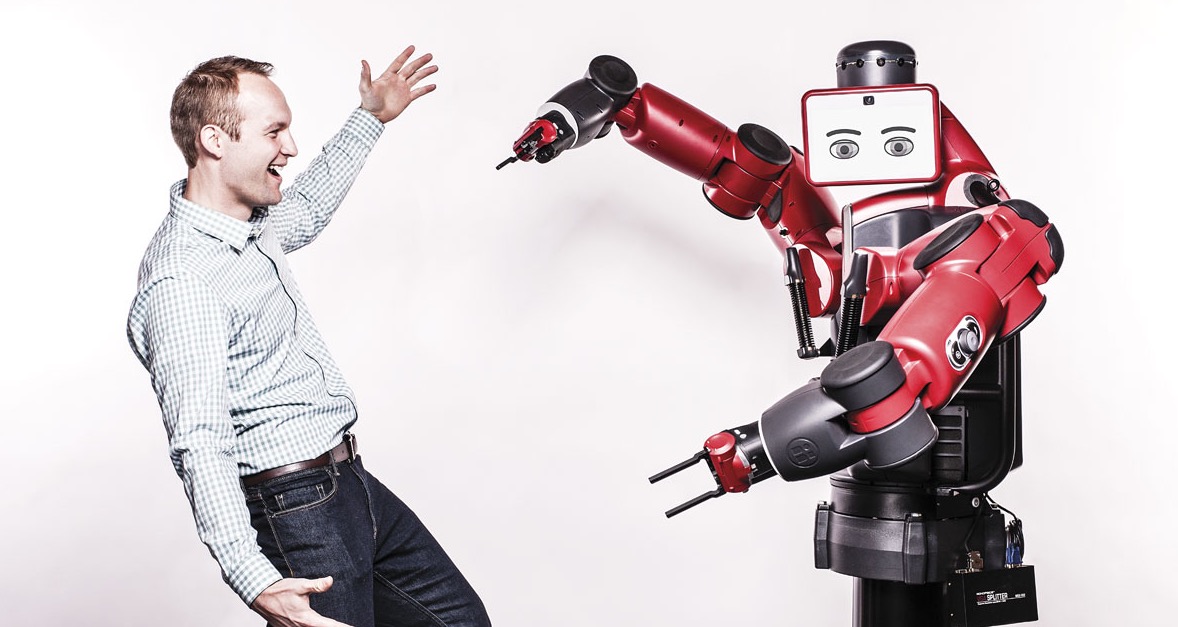
We see what we look for. When it comes to our future, we choose whether or not we see opportunity or impending economic apocalypse. It’s a lot like an old investing maxim: The investment opportunity of a lifetime comes around about once a week, but only once you start looking for it.
This week I showed my children this video from many years ago – it’s a test:
You have to count how many time the players wearing white pass the basketball >
Watch it before you read on. Click here.
Very few people pass the test. (FYI – I didn’t and I even thought it was a trick video the first time I watched it!)
Which is the same problem most people and companies face during technological disruption. Our perception of what to look for is focused on the wrong thing. The future is right in front of us, the impending changes are mostly obvious – yet we don’t see them. It’s because we’ve been indoctrinated to see yesterday. To manage the way things were, rather than where they might go. But once you start looking for what’s next, positive opportunities are everywhere, and it becomes impossible to not see them.
Imagine you’re a professional driver of some sort. Understandably, you’d be worried about autonomous cars taking away your income. But this shift, will provide more opportunities for new income and industries than it removes. Firstly, what’s stopping an uber driver buying their own fleet of driverless cars to go out and earn money for them? But outside of driving many new industries will emerge;
- On board logistics and customer service managers of trucks.
- Rolling Commerce (r-commerce) now that our attention can be off the road.
- Car fit outs to make them personalised and comfy with business class style beds ‘Pimp my driverless’.
- Driverless delivery pick up bays in supermarkets and shopping centres.
- Child minding for rich kids being transported in their own autonomous vehicle.
- Night time car wash services in empty car parks overnight – the car dries itself over to get a clean – forget the coffee stop car wash – stay in bed instead.
- Data and hacking insurance broking in case autonomous cars get unexpectedly commandeered.
- Independent blockchain powered auto-courier services via your own autonomous car.
The list is really endless. Most of these ideas aren’t about technology either – they’re about organising the new factors of production. Creating new value from the opportunities the technology itself presents.
To invent a positive future for yourself – we just need to open our minds and our eyes. Start looking for the opportunities. The questions we should be asking ourselves might include:
Where might my industry go? What skill sets might I be able to pivot off? What new opportunities will emerge from the changes?
If you want to be the architect of your own future, it’s mostly about attitude and looking on purpose.
– – –
If you liked this post, you’ll love my latest book – check it out.






